Role Play: Conflict in roleplay
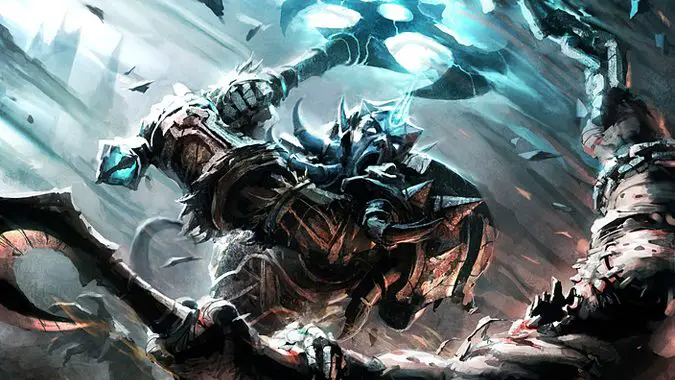
You might think of conflict as a negative term — after all, it’s primarily used in situations where things are going wrong. But in storytelling and roleplay, conflict is something that happens every day. Although the nature of that conflict might be unpleasant, conflict itself is nothing to get upset over. In fact, it’s one of the building blocks of character development. Conflict, and how your character responds to it, are what give your character room to grow — or in some cases, regress.
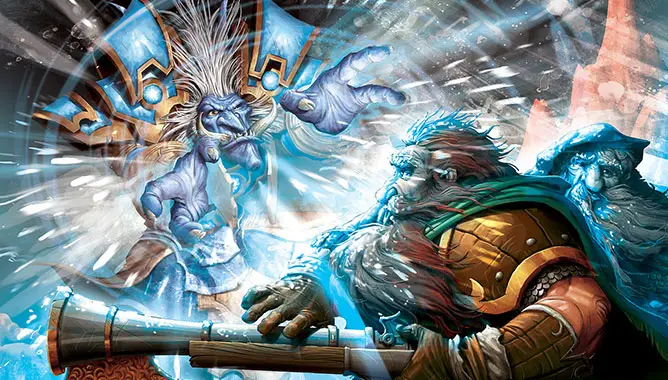
What is conflict?
Typically speaking, in the real world, conflict is looked at as an argument or dramatic clash of different opinions. In storytelling and roleplay, that definition is accurate enough. But conflict in storytelling isn’t just about differing opinions. It’s basically any situation where your character ends up questioning something about themselves, be it good or bad. Their beliefs, their perception of the world about them, their upbringing, even the friends they’ve made.
A conflict doesn’t have to be an argument. For example, your character could find a book that clearly dictates a record of a war they fought in. But the recorded examples and battles don’t match anything they experienced. Which version of reality is the truth — the one they remember, or the one that was so clearly dictated? Is their perception mistaken, or is the book a lie?
Or, for a different example — your character is in a situation where they have two people in life-threatening trouble, but they can only save one. Which do they save? Your character isn’t arguing with anyone, but they are experiencing a moment of conflict — it’s just an internal battle. Who they save and why is a choice that’s likely going to haunt them in the future. Or at the very least, have them questioning the validity of their choice.
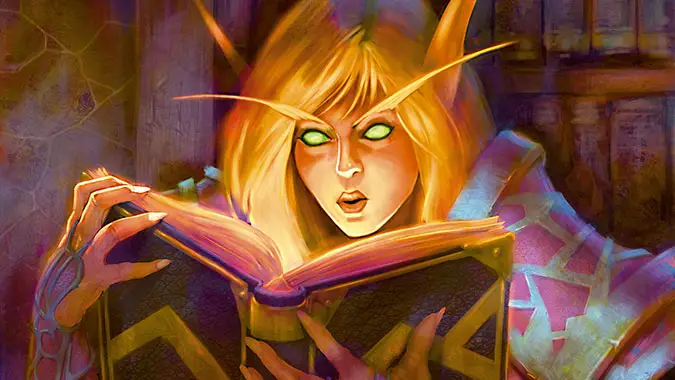
Conflict in storytelling
In storytelling, conflict is used not as an excuse to have a fight, but an opportunity for a character to change on one level or another. A good story embraces conflict as a way to keep a character growing and developing throughout the story. Without conflict, that story quickly grows stale — the character is exactly the same at the beginning of the book as they are at the end.
A character that never faces any kind of conflict is a character that never changes. They end up two-dimensional, and never really get that quality that makes them feel “real.” A character that never has to make any meaningful choices or question their own judgment comes across as flat. Even if they aren’t questioning themselves, they should be reacting to the world around them.
Your character should ultimately learn and grow over time, just like you do in real life. Sure, they may have a certain set of beliefs — but none of those are set in stone. It’s perfectly fine for a character to have a change of heart. More often than not, it makes for a more interesting story when they do.
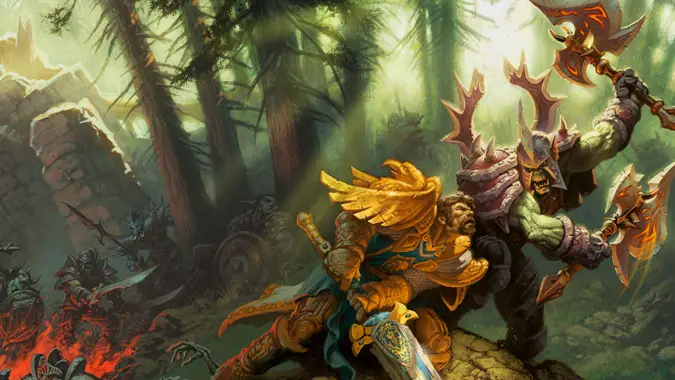
Conflict in game
Of course, the other kinds of conflict apply as well. You don’t always get along with everyone you meet in real life. Your character probably isn’t going to get along with everyone they meet, either. This doesn’t mean they need to go out starting arguments with people, mind you — although arguments can be fun in their own way. {PB}
But it does mean there are going to be differences of opinion. How your character approaches those differences is a source of conflict in and of itself. Do they ignore the moments when opinions are divided? Do they confront the person they’re talking to? How severe do those differences have to be before they take action?
Is your character quick to anger, and is there a reason for that? Do they take opposing opinions and beliefs into fair consideration? Are their opinions apt to change over time, if given enough evidence to do so? How do they handle potentially volatile discussions in general?
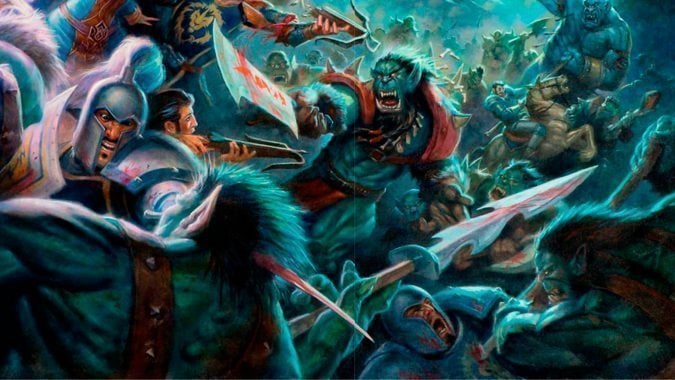
Combat conflict
Sometimes conflicts that can’t be peaceably resolved come down to physical altercations. There are several different ways you can approach these kinds of scenarios. You can act out the combat situation until you reach a mutual resolution that both parties are happy with. You can use dice rolls to determine the victor, for a more random element. Or you can just have an in-game duel with your opponent, and let your game skills dictate your character skills.
How your character handles these kinds of situations also says a lot about who they are. When your character is in a fight, do they fight fair? Or do they look for the first opportunity to cheat? Will they willingly put their life on the line to prove a point? Or are they cowardly enough to duck out and run away, when given the first opportunity to do so?
Are they good at fighting — have they spent a lot of time training for combat situations? Is your character any good in an old-fashioned fist fight? Do they rely on their voice, or do they let their weapons do the talking for them?
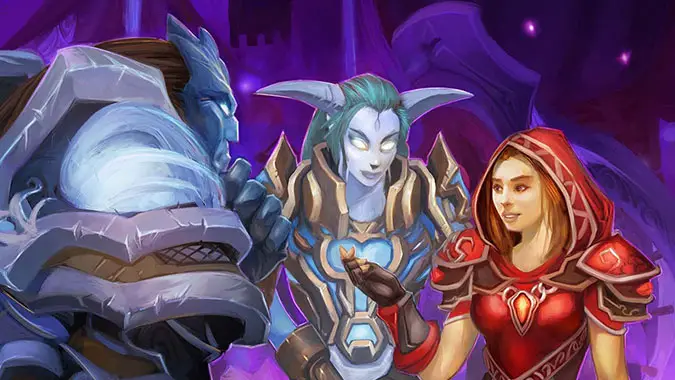
Out-of-character conflict
No matter which way you go with in-character conflicts, you should be checking in with your opponent out-of-character first. They might have a different method of resolving physical conflicts than you do. Or they might be looking for a way to resolve the situation without any need for combat at all.
This also serves the purpose of making sure any in-character animosity your character might have won’t be carried out-of-character. Just because your character thinks a certain way or holds a certain set of beliefs, it doesn’t mean you hold the same. And just because your character is fighting with someone, it doesn’t mean that you as a player have a problem with the other player involved.
Conflict is something that should be used to develop your character and shape who they are. It should never cross into out-of-character territory. If it feels like this is happening, there’s nothing wrong with simply walking away from a situation. You aren’t obligated to roleplay with everyone you meet. If you find yourself not getting along with another player, there’s no reason to keep roleplaying with them.
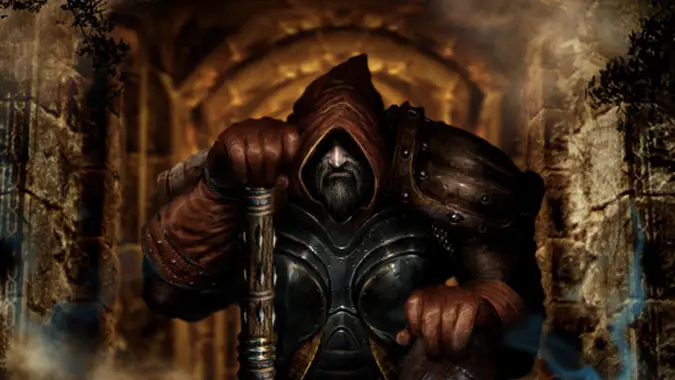
Conflict as a tool
When your character hits those moments of conflict in their lives, it’s useful to look at how they handled the situation. Were they able to come to a conclusion that made them happy? Did they learn anything from the experience? If so, what did they learn? Were they proud of the way they handled themselves, or ashamed? Do they think they could have done better?
If your character is faced with a potentially life-altering situation, how do they choose what to do? What do they think about when making that kind of decision? Do they second-guess their decisions, or are they confident in their choices? What shakes that confidence?
Even if a situation doesn’t go your character’s way, there are still lessons to be learned from the experience. How your character handles success is all well and good. How they handle the fallout when things go wrong — that’s what makes your character who they are. It’s the ability to look at the world around them and realize that world doesn’t necessarily revolve around them. What they choose to do with these revelations can be just as interesting — if not more so — as any storyline you happen to be playing.
Please consider supporting our Patreon!
Join the Discussion
Blizzard Watch is a safe space for all readers. By leaving comments on this site you agree to follow our commenting and community guidelines.
 @Shadesogrey
@Shadesogrey



